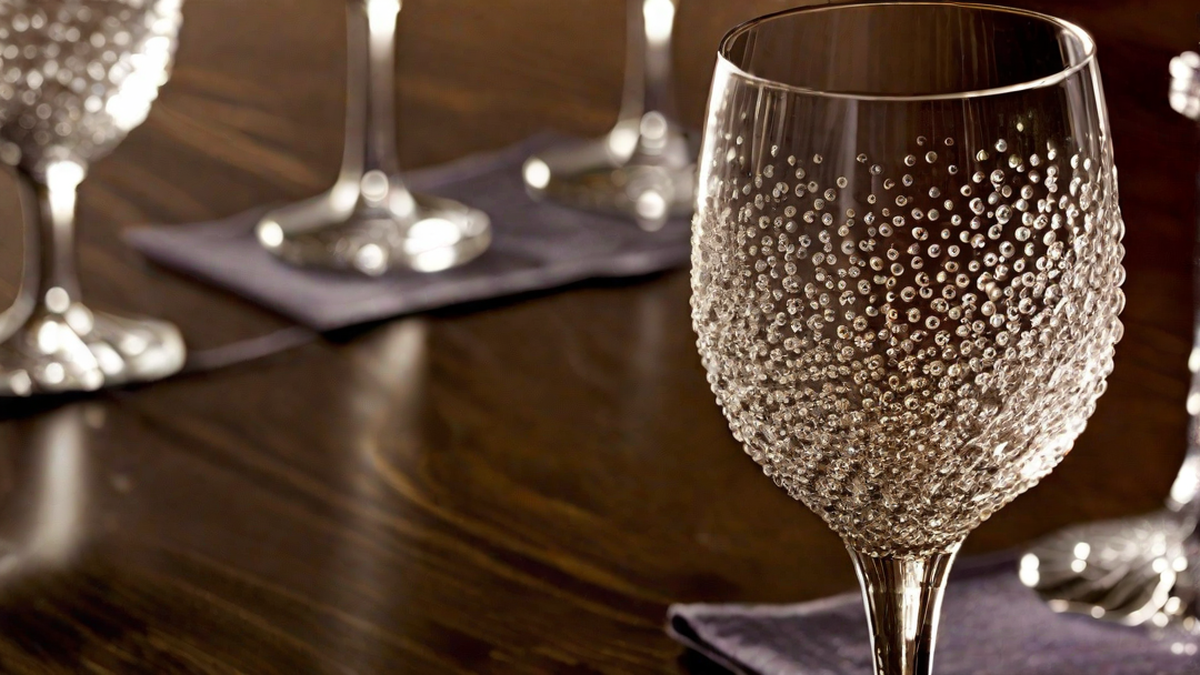As someone who loves wine, I often contemplate the longstanding question: can wine alleviate headaches? Whether it’s after a busy day at the office or a late-night festivity, many of us have resorted to a glass of wine in hopes of easing our throbbing heads. But is there any validity to this traditional cure, or is it merely wishful thinking?
Before we delve into the answer, let’s first understand what causes headaches in the first place. Headaches can have various triggers, including stress, dehydration, lack of sleep, or certain foods. One common type of headache is the tension headache, which is characterized by a dull, aching pain that can wrap around your head like a tight band.
Now, let’s talk about wine. Wine is made from fermented grapes and contains alcohol, sugars, acids, and other compounds. When we consume wine, it enters our bloodstream and interacts with our body in numerous ways. Some people believe that certain components of wine, such as antioxidants or resveratrol, may have potential health benefits.
When it comes to headaches, there are a few factors to consider. Firstly, alcohol is a known diuretic, meaning it increases urine production and can lead to dehydration. Dehydration can contribute to headaches, so it’s essential to drink water alongside your wine to stay hydrated.
Secondly, histamines are naturally present in wine and can cause allergic reactions in some individuals. Histamines can dilate blood vessels and may be a trigger for headaches or migraines in susceptible individuals. If you suspect that histamines are the cause of your headaches, you may want to consider drinking wines with lower levels of histamines, such as white wine.
Thirdly, alcohol can act as a vasodilator, meaning it widens blood vessels and increases blood flow. This can potentially alleviate headaches caused by constricted blood vessels, such as those associated with tension headaches. However, it’s important to note that while alcohol may provide temporary relief, excessive consumption can lead to rebound headaches.
Now, let’s address the elephant in the room: hangovers. While not technically a headache, the throbbing pain and discomfort of a hangover can ruin your day. Excessive alcohol consumption can lead to dehydration, electrolyte imbalances, and inflammation, all of which can contribute to hangover symptoms, including headaches. So, if you’re prone to hangovers, it might be best to moderate your wine intake.
In conclusion, the relationship between wine and headaches is complex. While some individuals may find temporary relief from certain types of headaches by consuming wine, others may experience worsened symptoms or trigger new headaches. It’s important to listen to your body, stay hydrated, and drink wine in moderation. If you suffer from chronic headaches or migraines, it’s always best to consult with a medical professional for personalized advice.




